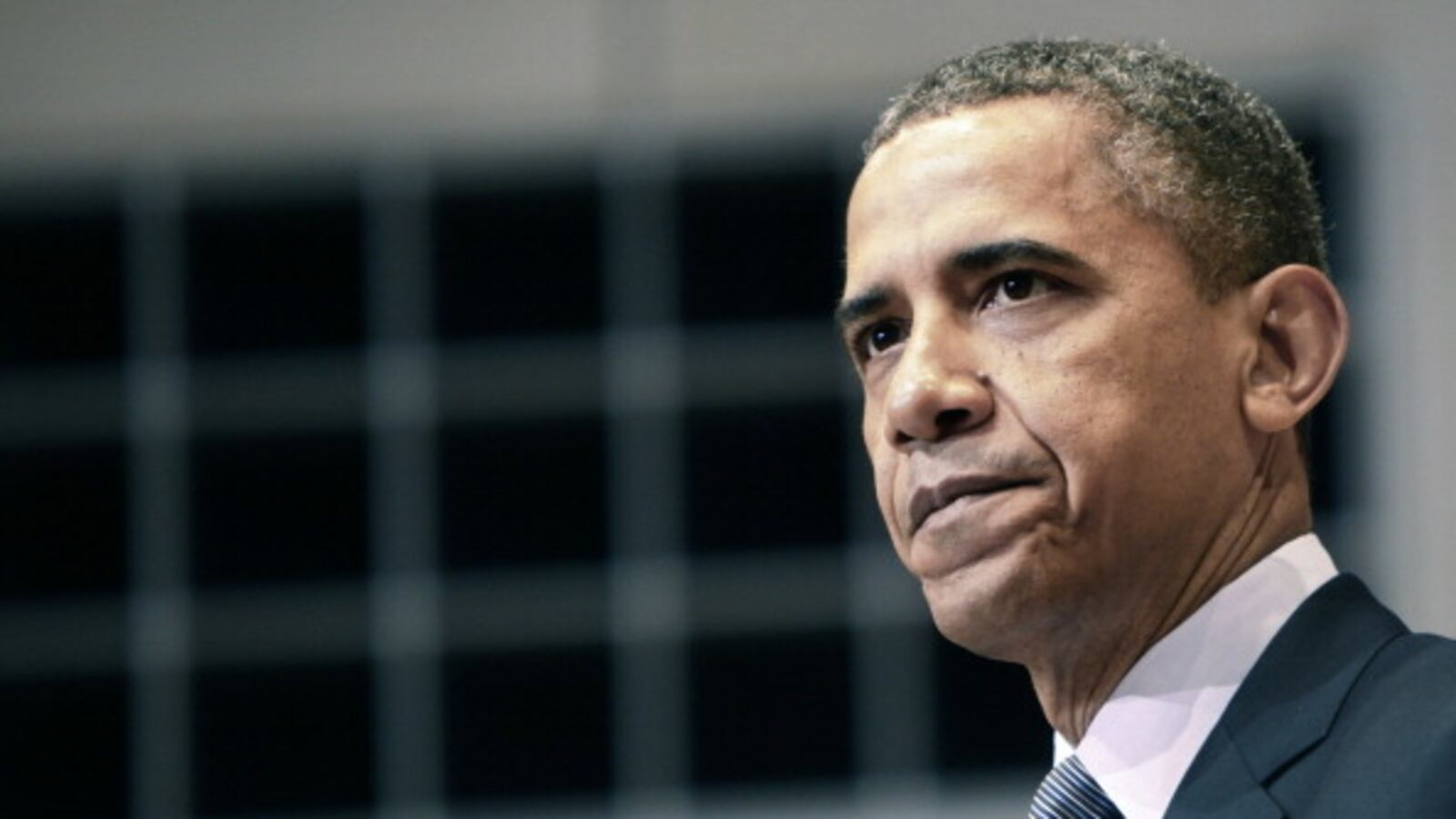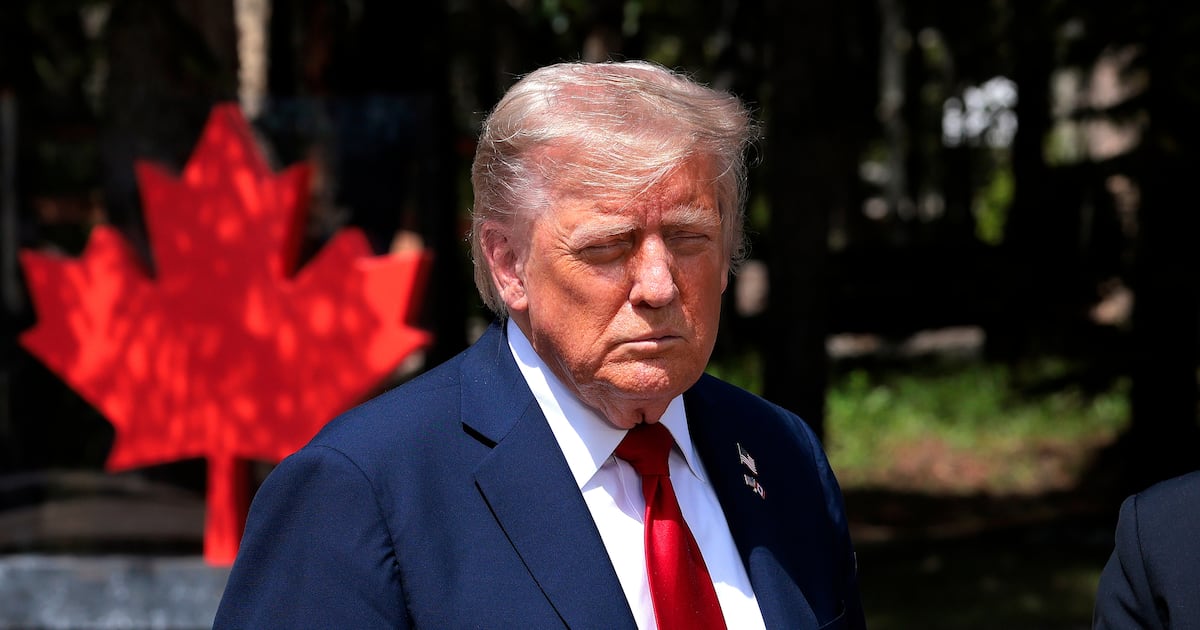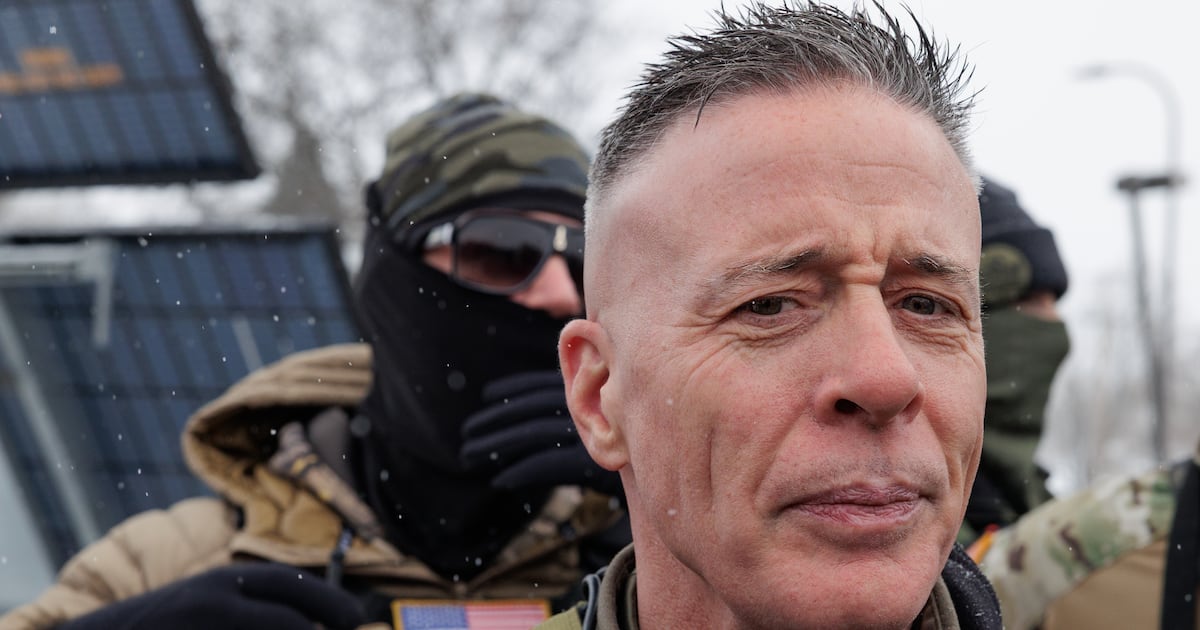This much seems clear: the American press isn't interested in asking about the escalating situation between Israel and Hamas in the Gaza Strip, not the dead, not the growing flames, not the ongoing exchanges of threats and munitions. None of the White House reporters asked about the situation during President Obama's first post-election press conference. Obama knew details of the growing violence before taking to the podium: Israeli President Shimon Peres called the White House to brief him on the attacks. And a top Israeli security official was in Washington just two days ago consulting with his American counterpart (it's not clear, though, that the conversation included Gaza). But nothing.
How Obama reacts to the violence, which threatens to continue, could have ramifications well beyond the small area notched out of the southwest Israeli seaside. To begin with, Palestinians protested in Ramallah, in the West Bank, in solidarity with their compatriots in Gaza. The Palestinian Authority, however, brought out its security forces to block advancing marchers. Demonstrations were also reported in a few Israeli cities. In Qatar, which has a blossoming relationship with Hamas and whose government works closely with the U.S. across the region, the foreign minister said Israel's attacks "should not pass without punishment." Perhaps most significantly, the new government of Mohammed Morsi in Egypt reacted swiftly to todays attacks, withdrawing its ambassador from Tel Aviv and summoning the Israeli ambassador to the Foreign Ministry. For tis part, the Muslim Brotherhood, from whose ranks Morsi hails, pressed further for reconsidering the 1979 peace deal with Israel.
This all makes for treacherous terrain for Obama. The breakout of even a short-term full-scale war could spike his outreach to young democracies in the region, imperil the positions of friendly countries (Jordan's dictator faced unrelated protests today; and the frost between Israel and Turkey came out of Israel's last war in Gaza), and even hurt the position of the West's ally Mahmoud Abbas. That's to say nothing of killing chances for a fast-moving resumption of the peace process. And the New York TImes's Thomas Erdbrink even tweeted today that, despite tense relations between Hamas and its sometime patron in Tehran, the Iranians are incenced over the violence. "Forget ANY Iran-U.S. talks if conflict in Gaza escalates," he wrote, continuing, "Iran['s] leaders can never be seen as talking to U.S., while its 'eternal' ally Israel assassinates Iran's ideological allies." Obama today reiterated his desire to make a deal with Iran. There's a lot potentially on the line here.
Almost exactly four years ago, questions about Gaza were on everyone's mind as Israel's last major offensive in Gaza—known as Operation Cast Lead—raged in the Strip. At that time, Obama was only the president-elect, and asked about the growing war in late 2008, his senior adviser deferred to the lame duck Bush administration: "There's only one president who can speak for America at a time." Today that president is Obama himself. If he wants to preserve the chances for progress on any number of Mideast issues—let alone end the bloodshed and save innocent lives—Obama must do something, even if the press corps won't ask about it.






